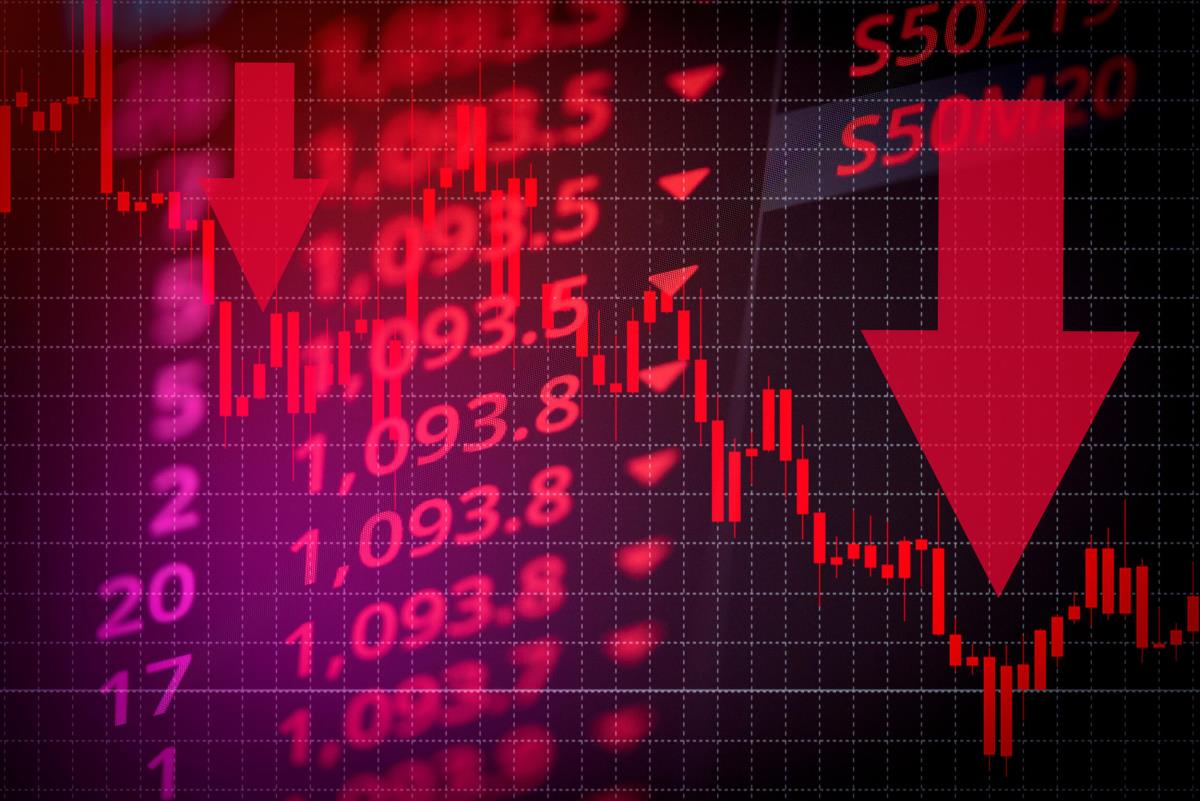EU Holds Russia on a Tight Leash: Sanctions Extended, But Hungary and Slovakia Are Throwing a Wrench in the Works!
The European Union has officially extended its sectoral sanctions against Russia for another six months, until July 31. This came after EU leaders reached an agreement at last week’s summit, but not without drama and tension.
Sanctions That Just Won’t Quit
Since Russia’s aggression against Ukraine began in February 2022, the EU has rolled out a whopping 17 sanction packages. These measures cover a broad range of sectors: trade, finance, energy, technology, transport, luxury goods, and more. The sanctions include bans on exporting certain products to Russia, freezing assets, banning entry for specific individuals and companies, and kicking several Russian banks out of the SWIFT system.
The Hungary and Slovakia Drama
Although the extension was adopted a month before the deadline—a big relief—there were serious fears Hungary might drag its feet until the last minute. Hungary and Slovakia continue to resist the 18th sanction package, demanding permission to keep buying Russian gas and oil. These two countries are the main roadblocks to tightening sanctions further, causing frustration across the rest of the EU.
Ending Dependence on Russian Fossil Fuels?
The European Commission recently proposed that the EU completely end its dependence on Russian fossil fuels by the end of 2027. But with Hungary and Slovakia clinging to Russian gas and oil, the question is how quickly and effectively the EU can pull off this ambitious plan.
What Does This Mean for the Future?
The sanctions extension sends a clear message: the EU isn’t backing down on pressuring Russia over its aggression in Ukraine. Yet internal divisions and differing member state interests show how tough it is to keep unity on such complex issues. While Hungary and Slovakia hold the brakes, other EU countries must balance economic interests with the political will to isolate Russia.
The Bottom Line
Sanctions are in place, but they’re not without problems. The EU has shown resolve but also vulnerability. Will Hungary and Slovakia keep blocking or cave under pressure? Can the EU end its dependence on Russian fossil fuels by 2027? These are the questions shaping European politics in the years ahead.
So, what do you think about these sanctions and the internal EU drama? Are Hungary and Slovakia right to protect their interests, or are they just spoiling the party? Drop a comment and let’s hear what the people really think!















